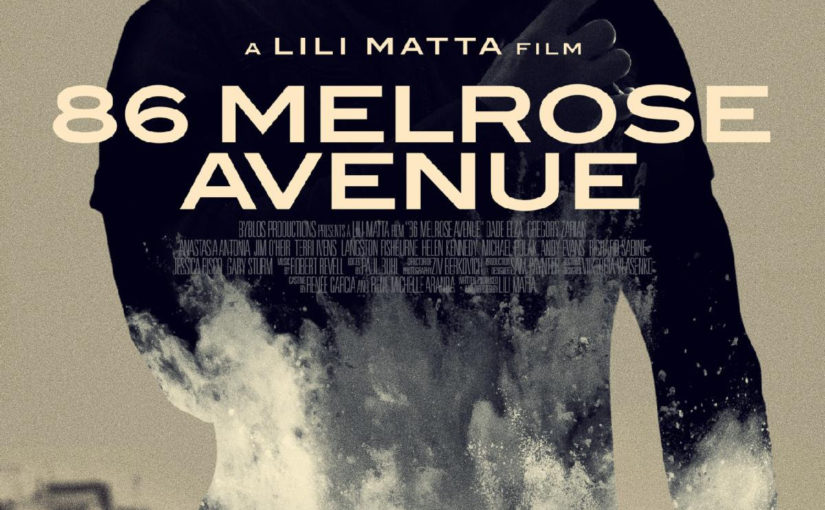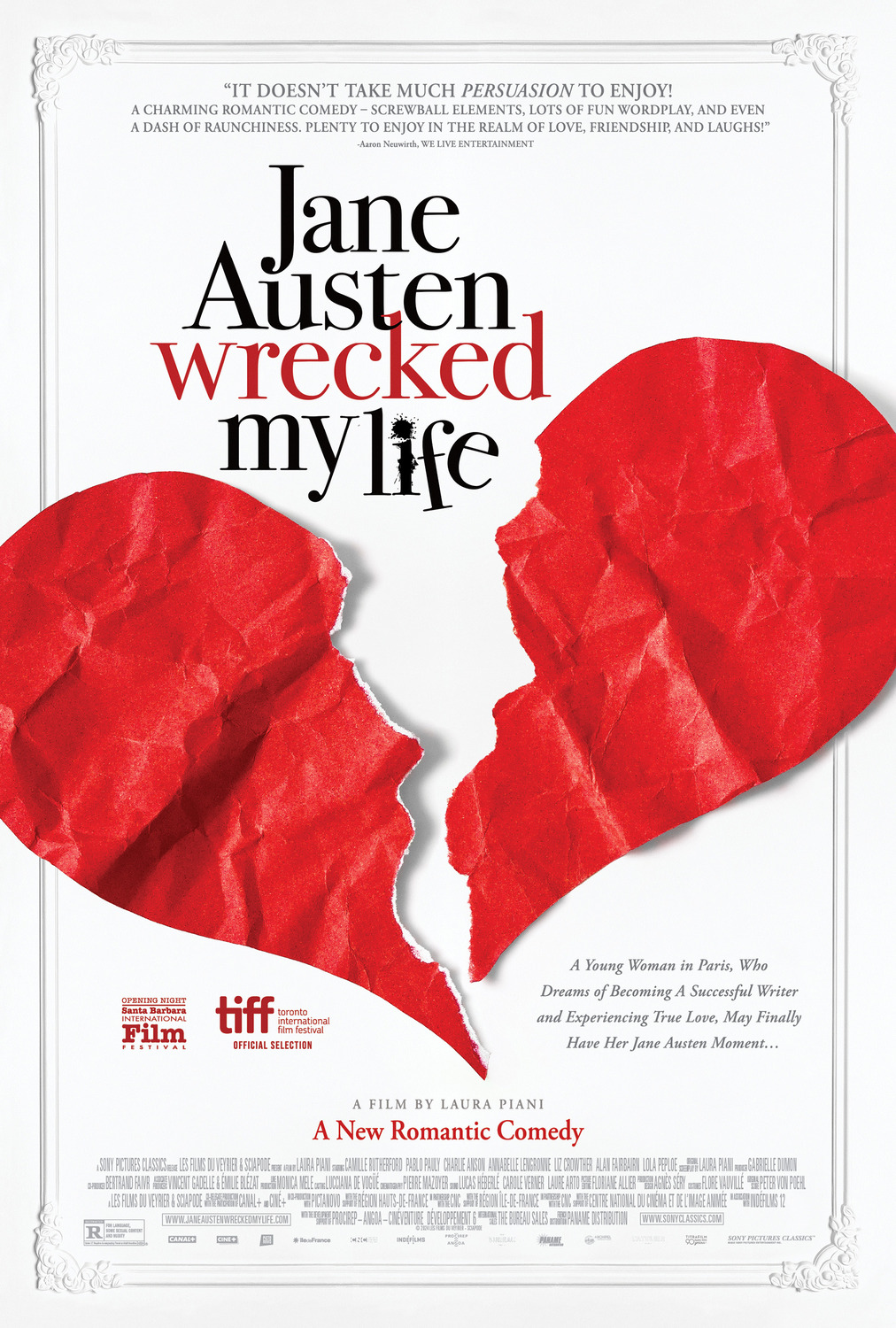86 Melrose Avenue
84 Minutes, Not Rated
Written and Directed by Lili Matta

Synopsis:
A diverse group of people at a gallery opening is taken hostage by an ex-Marine suffering with PTSD and forced to confront their cultural differences, their pasts, and their looming mortality as time ticks away.
It’s not easy to pull off a veteran story if you’re not a vet. It’s even harder to pull off a combat veteran’s PTSD story.
Now, writer/director Lili Matta shares a cultural background with the photographer whose exhibit opening is the setting for our little hostage situation, which gives her a grounding in the trauma of a war-torn society, which, if anything, sets the bar a bit higher for the execution of said emotionally-based story.
As expected, each of the hostages bears the scars of some past emotional trauma, some more severs than others. Some violent, some personal, some societal.
There is an old feel-good adage that says, basically, “Always remember that everyone is going through something you don’t know about. Treat them accordingly.”
This film is a cinematic version of that.
The Lebanese photographer (and former ER nurse) doesn’t like the Israeli attendee because of their cultural history. The Israeli whose wife was shot and killed by a 17-year-old kid. The art critic whose depressed son shot himself in from of him.
And the list goes on.
All of who find themselves at the mercy of Travis, the veteran who served in Iraq and Afghanistan, who witnessed not only the run-of-the-mill trauma of war, but who witnessed a horrific act by his Commanding Officer during an “enhanced interrogation” of a local.
Everyone has a story.
By the end of the film, the police have breached the gallery, taken everyone into custody, but seem more concerned with the interpersonal dynamics of the attendees rather than the hostage crisis itself.
Out-of-context comments, ridiculous leaps of logic (illogic?), most of the PTSD clichés, along with some not-great dialogue (“He witnessed the violence of war”), and the most memorable thing about the film becomes the seemingly boundless ineptitude of law-enforcement.
After the cops are done with their inane lines of questioning, the film kind of meanders its way to its conclusion, where our heroine rethinks her explicit distrust of her Israeli co-hostage, whose overtures of acceptance and romance are blatant and predictable, as is her ultimate choice.
Finally, after preaching PTSD throughout its run-time, the film fades to black with the following end card: “Every day in America, 100 people are killed and hundreds are injured as a result of gun violence.”
So the now clearly stated message of the film is not PTSD, but gun violence. And while there has been a seeming uptick in the United States of late with regards to gun violence, this sudden shift in messaging undercuts the entirety of the film’s mostly ham-handed treatment of those who suffer from PTSD.
In the end, while the film tries to make some truly valuable points, it ultimately collapses under the weight of its own pretension.
86 Melrose Avenue will be available On Demand beginning April 20.
86 Melrose Avenue stars Dade Elza, Jim O’Heir, Anastasia Antonia, Gregory Zarian, Terri Ivens, Langstone Fishburne, Michael Polak, Andy Evans, Richard Sabine, Helen Kennedy, and Gary Sturm.
And, hey, if you like what we do, please consider throwing a couple bucks our way to help us keep on entertaining you. You can use this link:



